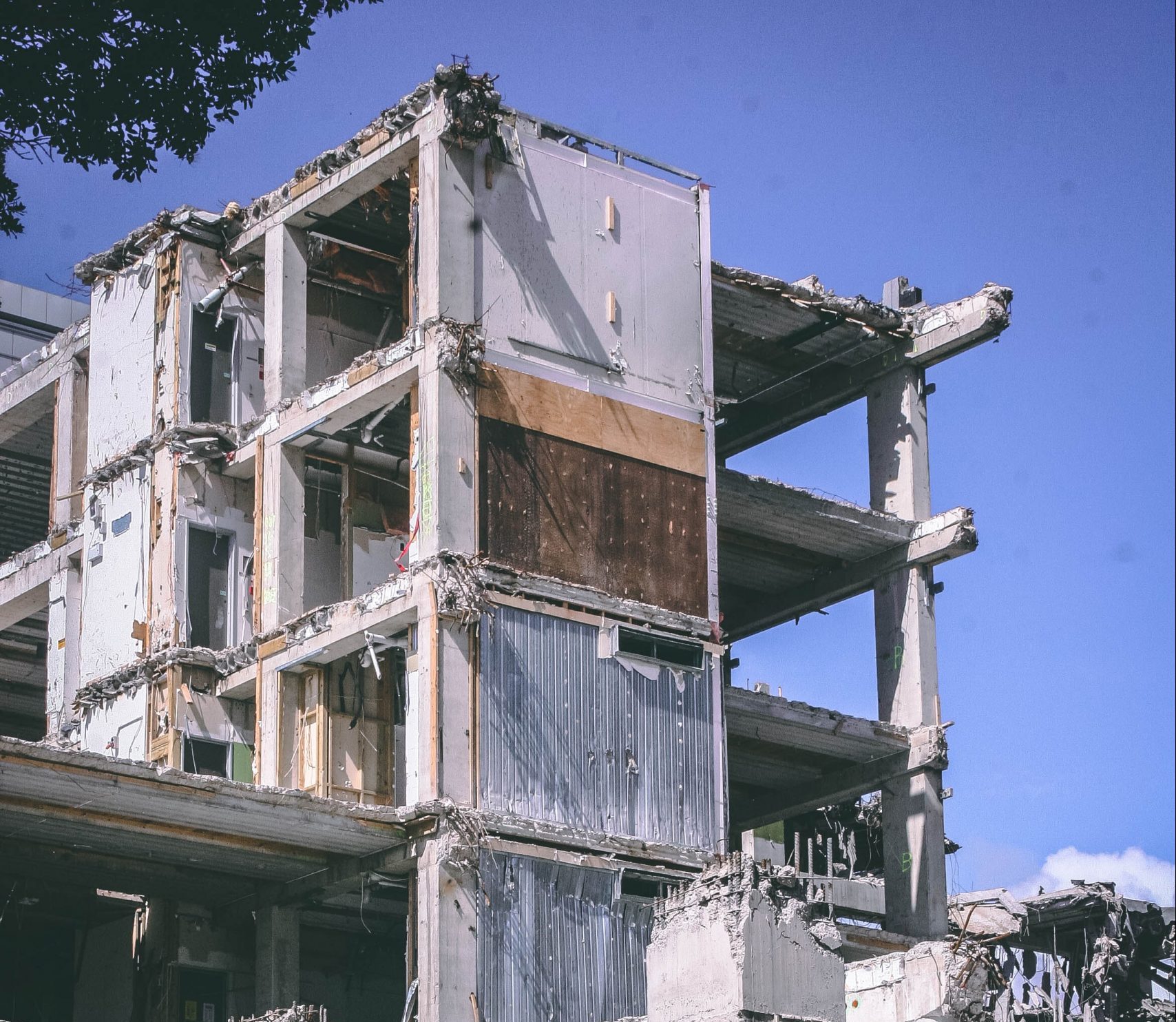Dealing with business property damage is probably something you’d rather not think about. But the truth of the matter is, emergencies arise all the time. And you’re going to want to spring into action right away if your commercial property suffers damages.
What to Do in the Event of Commercial Loss
Follow these tips in the event of an emergency at your commercial building.
Stop the Damage
First things first, mitigate your commercial property damage as much as possible. You don’t have to go through this process alone – our team is on standby, whether you’re dealing with a fire, flood, or other emergencies.
Assessing the Damage
The best thing you can do once you and your staff are safe is to take photos, videos, and notes on the damages. Be as detailed as possible. The more you have accurately captured, the easier it’ll be to put together your insurance claim (and the more successful it’s likely to be). Separating damaged and undamaged property, as well as personal property, will keep you organized.
Let Your Insurance Know
Now, it’s time to let your insurance know what’s happened. The Paul Davis team can help you file an insurance claim. Your insurance agent will guide you on whether or not you also need to file a police report.
Use photos, videos, notes, and security footage to communicate your circumstances as accurately as possible. Create a spreadsheet where you can log your losses, as well as inventory (lost and remaining), property value, and other details you deem necessary.
Now is also the time to board up your business for safety. Test your security cameras to make sure they work while you’re away.
Recommendation: Store copies of essential documents, such as insurance policies, leases, or bills, at another location. If your commercial property suffers severe losses, you’ll be glad you have those documents somewhere else.
Talk to Your Commercial Loss Adjuster
Once you’ve submitted your claim, you’ll talk to a commercial loss adjuster. Be prepared for questions. Keep your spreadsheet, notes, video, and photos handy, so that you can reference them on the call. The clearer and more concise you are during the conversation, the better.
After your insurance adjuster has had time to review your policy, you’ll receive written communication regarding how much your insurance will cover. Your relationship with your commercial loss adjuster will likely continue as you work through repairs.
Meanwhile, Log Your Clean-Up Time & Expenses
Create a living document where you track expenses, hours, wages, repairs, and restorations used to clean and fortify your commercial property. Track how much potential business you’ll lose due to this emergency. If you have Business Interruption Insurance, they’ll use this information to help you recoup losses.
Post-Loss Recovery Services
Once the commotion has died down, our team can get your business back up and running with our restoration services. Expect repairs and restorations expertly handled, eradicating any hint of damage. We can tackle water, storm, fire damage—even biohazard clean-up is within our wheelhouse.
Dealing with a Large Loss
Some emergencies end with minor to moderate damages. However, if you’re dealing with a large loss, there can be even more details to wade through, not to mention the emotionality of the circumstance. Learn more about our First Priority Program and how we can help you, no matter the size of the situation.
Get Back to Business With Paul Davis
When disaster strikes, Paul Davis is at the rescue. We sincerely hope it doesn’t happen, but if your commercial business suffers unforeseen circumstances this year, keep this number handy: 651.243.0737. Together we can navigate any type of business property damage or commercial loss so you can get back to business as quickly as possible.
Be sure to read our blog for more safety tips. Remember, being prepared is half the battle.


